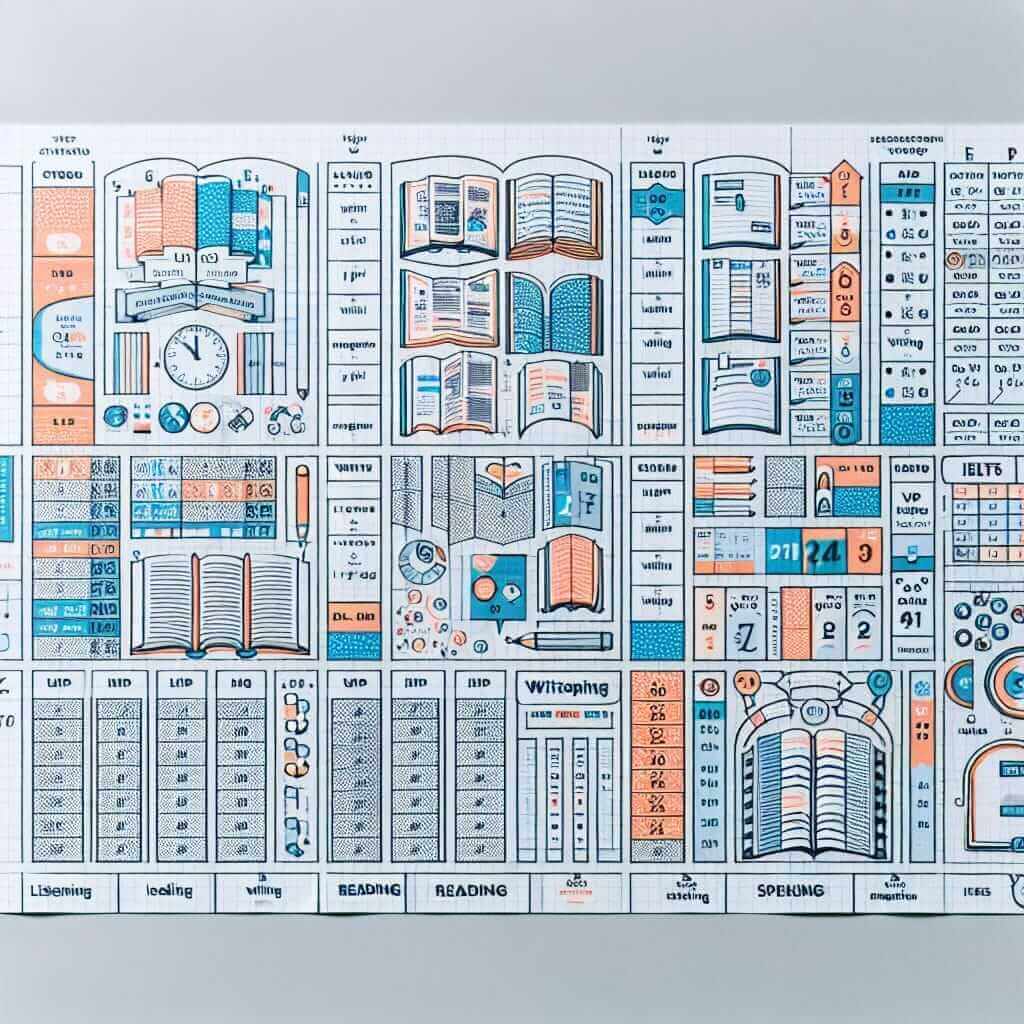Introduction: The Burning Question of IELTS Preparation Time
For aspiring IELTS test-takers, the question isn’t just “how do I study effectively?” but also “how much time should I dedicate to this?” It’s a valid concern! Knowing how many hours to study for IELTS is crucial for planning, setting realistic goals, and ultimately, achieving your desired band score. As an IELTS instructor with over two decades of experience, I’ve guided countless students through this journey. Let’s delve into this common query and address the factors influencing your ideal IELTS study schedule.
Understanding the Variables: It’s Not One Size Fits All
There’s no magical number of study hours that guarantees success in the IELTS. Why? Because every learner is unique! Factors that influence your ideal study duration include:
- Your Current English Proficiency: A learner with a strong foundation in English might need less preparation time than someone starting from a more basic level.
- Target Band Score: Aiming for a Band 7 or higher naturally requires more intensive and extensive study compared to aiming for a Band 5.
- Learning Style and Pace: Some individuals are quick learners, while others benefit from a more gradual, in-depth approach. Be honest with yourself about your preferred learning style.
- Available Study Time: How many hours per day or week can you realistically dedicate to focused IELTS preparation, considering your other commitments?
Realistic Expectations and Timeframes: A Guideline
While individual needs vary, here’s a general guideline to consider:
- Basic English Level (Aiming for Band 5-5.5): 150-200 hours of study might be a good starting point.
- Intermediate English Level (Aiming for Band 6-6.5): 200-300 hours or more could be necessary.
- Advanced English Level (Aiming for Band 7+): 300+ hours of dedicated preparation is often recommended.
Remember: This is just a framework. Consistent, quality study matters more than sheer hours logged.

Making the Most of Your IELTS Study Time
1. Structured Study Plan:
Create a realistic study schedule that allocates time for each IELTS skill (Listening, Reading, Writing, and Speaking). Don’t neglect any area.
2. Targeted Practice:
Utilize official IELTS practice materials and mock tests. This familiarizes you with the test format and helps identify your strengths and weaknesses.
3. Focus on Weaknesses:
Don’t shy away from challenging areas. If you struggle with academic writing, for instance, devote extra time and resources to improving that skill.
4. Seek Feedback:
Have an experienced IELTS teacher or tutor evaluate your practice tests and essays. Constructive feedback is invaluable for identifying areas needing improvement.
5. Immerse Yourself:
Surround yourself with English! Read English books, watch English movies, listen to English podcasts – make English a part of your daily routine.
Example from IELTS Speaking:
Imagine the cue card in the IELTS Speaking test asks you to describe a memorable journey. Simply narrating the journey isn’t enough to secure a high score. Instead, focus on delivering a well-structured response using a range of vocabulary and grammatical structures, demonstrating your fluency and coherence.
Conclusion: Quality Over Quantity
Ultimately, the number of hours spent studying for IELTS is significant, but it’s the quality of those study hours that truly counts. Be strategic, stay consistent, seek guidance when needed, and you’ll be well on your way to achieving your IELTS goals. Good luck!